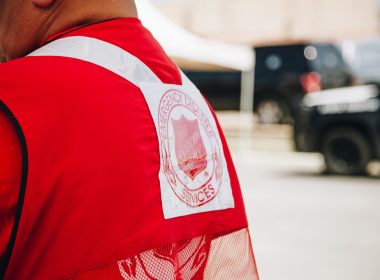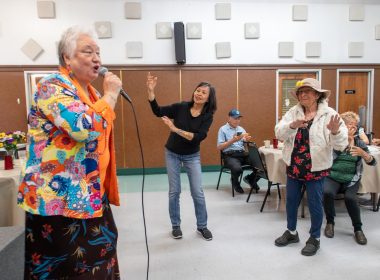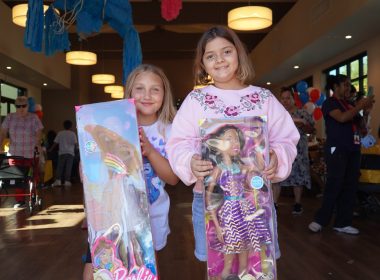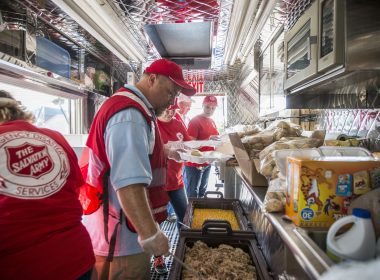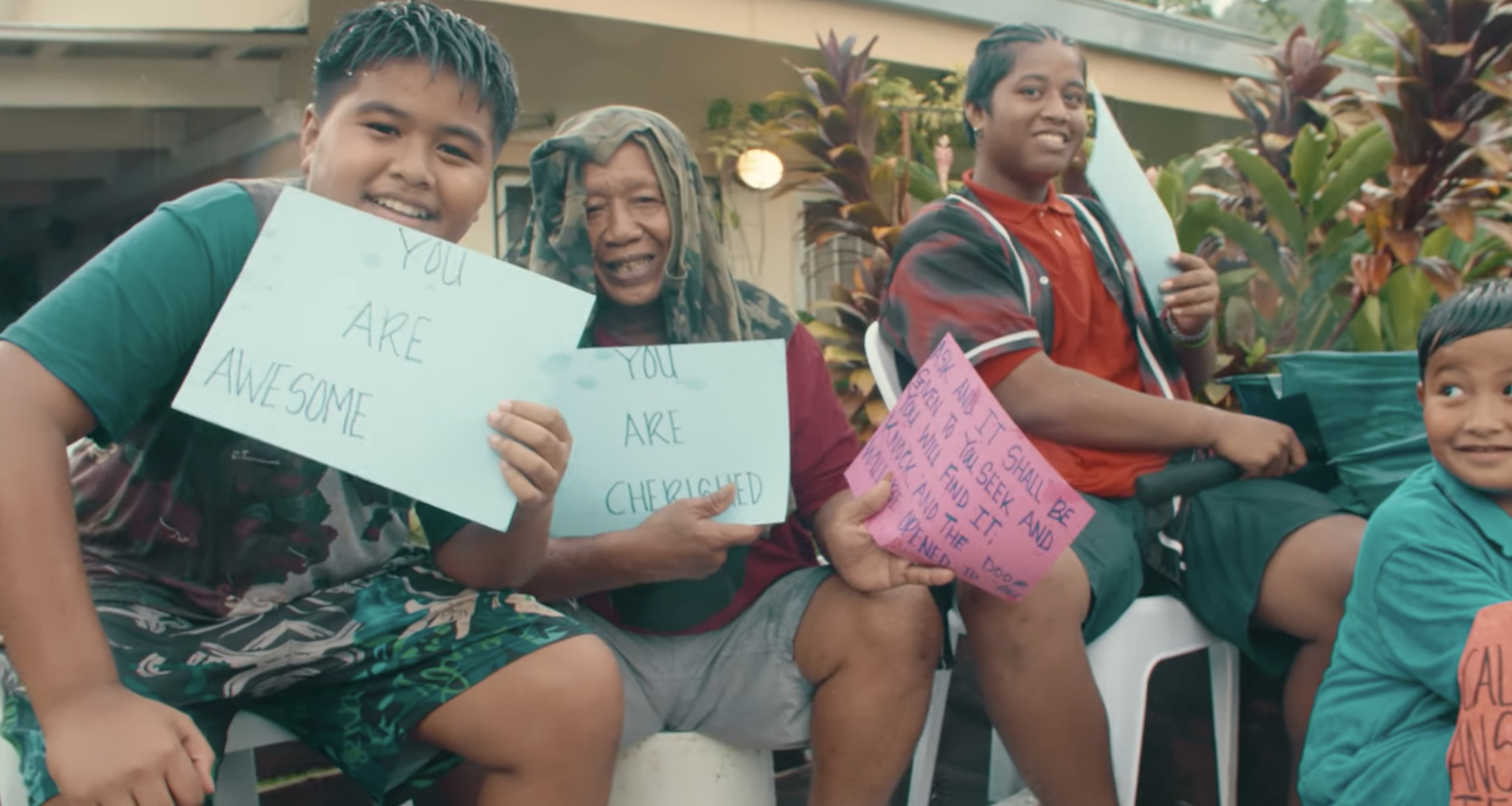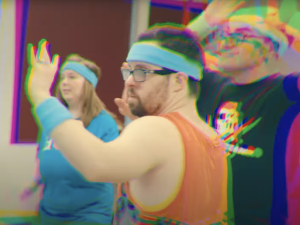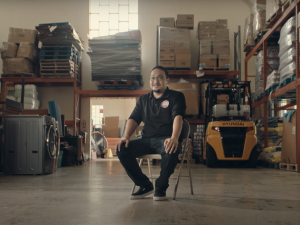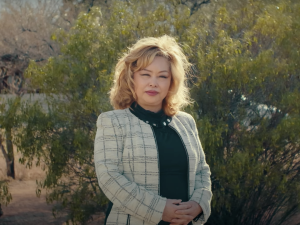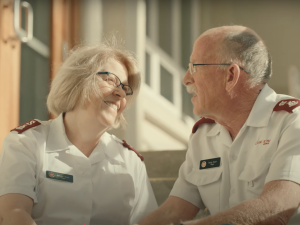Chuuk is one of the four states that comprise the Federated States of Micronesia, an independent nation located in the South Pacific.
Join Major Eric Tumale, The Salvation Army’s officer in charge of social services and ministry in the region, as he spends time with Ranik and Ema Oster, Chuukese lay leaders of the local Salvation Army church. Their tour of the island showcases the state of life and ministry on Chuuk.
They explore both the highs—the tropical landscape, world-class diving, and the tight-knit community—and the lows: rising sea levels, food insecurity, and a depressed economy.
Below is a transcript of the video edited for readability.
Major Eric Tumale: Welcome to the Federated States of Micronesia. The South Pacific nation covers over a million square miles, but 99.7% of it is ocean. Right now we’re in Chuuk State. It’s a place so remote, that to get here from California, it takes a minimum of three flights and 29 hours.
Chuuk life is… slow-paced. You know, it’s an island life. Visiting this place, a lot of possibilities to explore. Some people like diving. There are lots of wreck site diving on the island. The possibilities of exploration here is limitless.
The Chuukese culture is a culture of respect. It values family collectiveness. It values family collaborations. They support each other, they share what food they have, and they share their homes. That’s Chuukese life, and that’s the life on the island.
I’m Major Eric Tumale. I’m the Coordinator for Micronesia. We’re here to visit the ministry of the Federated States of Micronesia. We’re specifically located now here in Chuuk.
[The Salvation Army has been serving in Micronesia for over 30 years. Major Tumale has traveled from Guam to assess operations and pay for cash-only utilities.]
Last night was a very humbling experience, to do home visitation, where they’re singing songs, and we ended the prayer meeting with every child reciting their Bible memory verses.
We have amazing, very dedicated, and committed local officers. They lead the ministry in the main island here in Chuuk.
Ranik Oster: I’ve worked at Chuuk Ace since 2015. I work as a driver.
Ema Oster: I am Ema Sony Oster, and this is my husband. I’m a cashier. I’m the one who giving out cashpower. They come, they pay cashpower. And I’m the one who also receives the payment for the water.
Ranik Oster: Most of the people that are attending the church, they are going to Guam, Hawaii, the mainland.
Major Eric Tumale: Many Chuukese come from even smaller outer islands, in search of economic stability and opportunity. And if they don’t find it, they either move back, or move on to Guam, Hawaii or the US mainland.
Ema Oster: We want to have a lot of, you know, members.
Ranik Oster: It is really hard because all the people here, they come in and out, they don’t really stay long on this island. So it’s like this: old one goes, new one comes.
Major Eric Tumale: Chuuk is a paradise. Yet the people on the island are facing food insecurity. The land is fit for agriculture, but because of the high rise sea level, there is a water intrusion that penetrated the roots of their main crops, like breadfruit and taro, affecting the decline of the production of these main crops. Food insecurity and poverty goes together.
Ranik Oster: The wage here is really low. Right now, all the employers, they, they start at like $1.35 per hour. All the local food here is really expensive.
Major Eric Tumale: Because of the low wages, many residents struggle to afford to buy the local crops. So Chuukese farmers export it to other islands, such as Guam and Hawaii, to be able to make a living. But this only furthers the cycle of food insecurity, as the local products are being shipped off island.
As we go around, we see abandoned houses. It is an indicator that the owner of the building moved out of the island. I am hopeful that the ministry of The Salvation Army will continue not only in the spiritual aspects, but we’ll also engage in social services.
Ranik is very passionate for serving the community, and there is no agency that are helping address food insecurity. I see opportunities for help, and how we can be a part of the development that could enhance the lives of the community.
Ranik Oster: We need the support from all of the members in Salvation Army. Prayer. Everybody need prayer.
Major Eric Tumale: It is a joy to witness how they continue the ministry, how they continue to respond or answer God’s call on mission. We are called to continue the mission, to preach the gospel to the ends of the earth, to every nation, to every culture and in every generation.
As The Salvation Army, we are a missional church, so it’s very uplifting and encouraging to witness how the local officers continue the ministry.
Ranik Oster: When we see all the kids and all the people, they want to come and join us in the service, we feel, like, joy. We want to spend our time with them.
Major Eric Tumale: I see their ministry as very excellent. I see that they put all their heart to make sure that, they continue to engage in mission.
Ema Oster: I learn the Word of God and He changed my life. I want, you know, Chuuk to be beautiful. I want to be of light.
Do Good:
- See more videos like this in our video feed.
- Learn more about The Salvation Army’s ministry in Micronesia.

